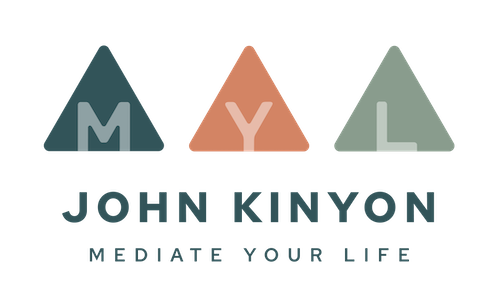Inoculation For Outrage
This weekend was the 20th anniversary of the September 11 attack on the U.S.. Thinking of 9/11 reminds Americans of the trauma of that day and entering into the “War on Terror.” It can remind us also of the daily trauma and terror of the staggering amounts of violence and human-generated suffering still happening around the world. If we look deeply, we can see that we are both the receivers and the actors of suffering. Don’t all of us humans periodically experience being on both sides of hurt and harm, intended and unintended?
We tend to look for who to blame. Who to retaliate against. But what are we missing when we do this, when our attention is drawn into endless cycles of outrage over the personal and the social-political issues that divide and polarize us? These are deeply important issues, yet what are we not seeing when this happens? I think of magicians who are masterful at distracting the observer away from where the trick is actually happening. When we become outraged over the behavior of the other side, we could pause and ask ourselves who might be benefiting from this conflict? What are we not paying attention to that’s even more important?
When we’re fighting with each other we are not focusing on how to collectively, cooperatively respond to the challenges we face, especially the existential dangers before us: climate change, environmental damage and collapse, nuclear and other weapons of mass destruction, current and future pandemics, as well as threats to democracy and social stability and cohesion – poverty, income-wealth inequality, social justice, and deepening mistrust of government and institutions.
We must wake up from the trance of what distracts us from the clear and obvious need to bridge our differences and work together to respond to these massive challenges. If we don’t we simply won’t survive.
So how do we do this, when even a global pandemic instead of unifying us led to even greater politicalization, partisanship divide and civil conflict; and 9/11, initially shocking the country and world into solidarity, rapidly escalated into twenty years of war, military spending and build up with its attendant destructiveness and suffering?
It’s tempting to look for and blame those who are behind the scenes manipulating and benefiting from the polarization and conflicts. Oil and weapons companies for example come to mind. Vilifying and battling against the wealthy and powerful, however, still keeps us in reactive cycles of outrage or resignation.
Another option I see is to wake up from the unconscious beliefs circulating through all of us that unconsciously and automatically drive behavior. At the source of all the external human systems in the world are internal conceptual systems. And any system, whether internal or external, will seek to survive and resist change. So, what if we shifted perspective from blaming and fighting against people to being aware of the unconscious systems of belief that run through people’s minds (including our own) like computer software? The goal then becomes to be more conscious, and when we’re more conscious we can respond more effectively with connection rather than disconnection, and refocus on what matters most to the well being and flourishing of our life and life on this planet.
So, next time you feel outrage, try using it as a cue to wake up and become aware of thinking and belief, your own and others’. Then ask yourself what matters most? Am I being distracted away from something more important? What do I really want? Where do I choose to focus attention and action for the wellbeing of all life on the planet (which is also my wellbeing and the well being of those I love)? You could think of this as an inoculation, providing immunity from mind viruses that are causing us to destroy ourselves; or as becoming a magician ourselves but with the ability for true magic, the magic of waking up from the trance of unconscious thinking, and consciously choosing connection and cooperation.
